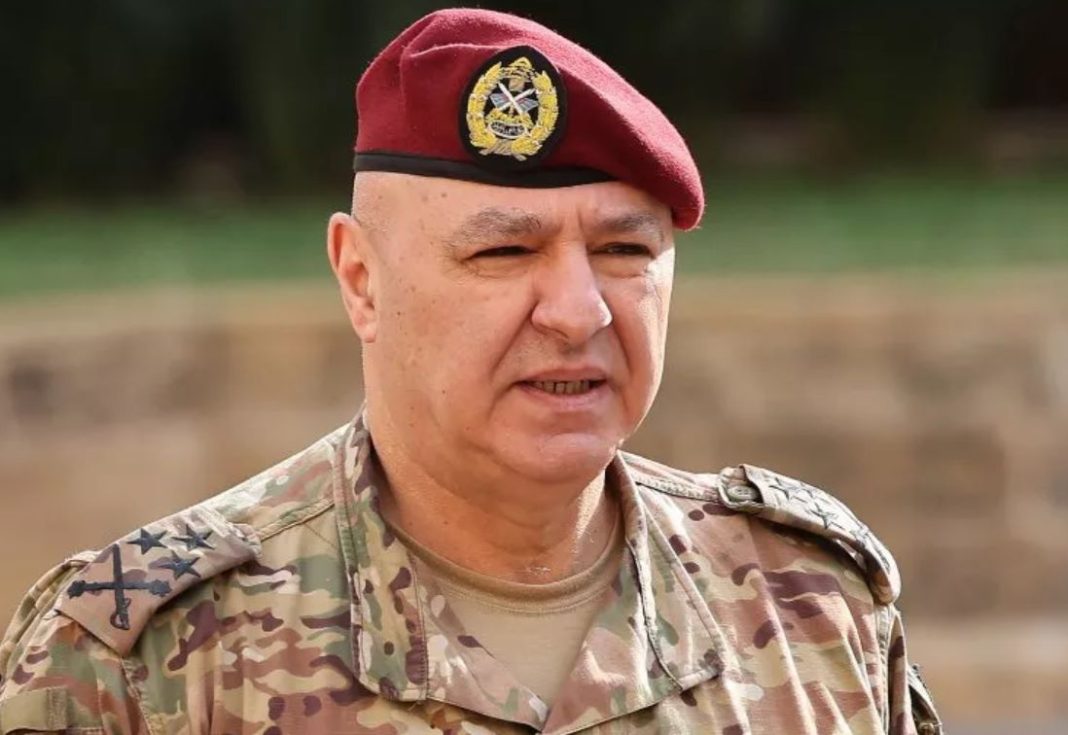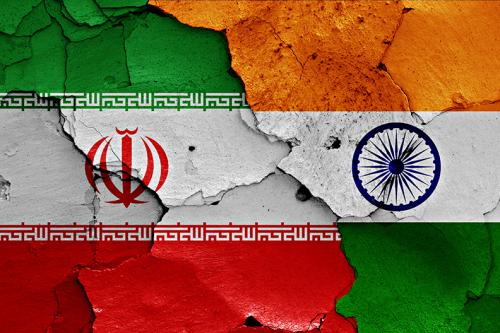Lebanon’s parliament elected General Joseph Aoun as the country’s 14th president on Thursday, ending a 26-month political vacuum that had left the nation without a head of state since October 2022. Aoun, 61, secured 99 votes in the second round of voting, surpassing the 86-vote threshold needed. His election followed a tense political standoff, with key factions like Hezbollah, Amal, and independent MPs shifting their positions to support his candidacy.
The presidency, reserved for a Maronite Christian under Lebanon’s sectarian power-sharing system, had remained vacant due to sharp divisions among political factions. The stalemate was broken after Hezbollah’s preferred candidate, Suleiman Frangieh, withdrew and endorsed Aoun. The diplomatic efforts of French and Saudi envoys played a pivotal role, reportedly linking international aid to Aoun’s election.
In his inaugural speech, Aoun declared, “A new phase of Lebanon’s history begins today.” Celebrations erupted across the country, particularly in his hometown of Al-Aichieh, where residents marked the occasion with fireworks, traditional dances, and public feasts.
Challenges Facing the New President
Joseph Aoun inherits a deeply fractured Lebanon grappling with overlapping crises. The nation’s economy has been in freefall since its financial collapse in 2019, with inflation and unemployment rates soaring. The World Bank estimates that Lebanon needs $8.5 billion to rebuild its war-torn infrastructure.
Read More: Pope Francis Criticises Israel’s Actions in Gaza
As commander of the Lebanese Armed Forces since 2017, Aoun gained respect for his leadership during national emergencies, including the Beirut port explosion in 2020 and protests against the economic crisis in 2019. Despite limited resources, he secured international aid for the military, helping soldiers whose salaries had dwindled to less than $50 per month.
Aoun emphasized his commitment to judicial independence and anti-corruption measures, stating, “Interference in the judiciary is forbidden. There will be no immunity for criminals or corrupt individuals.” He pledged to pass laws ensuring judicial independence and to challenge any legislation that violates Lebanon’s constitution.
A Diplomatic Tightrope
Aoun’s election signals shifting dynamics in Lebanon’s geopolitical landscape. Viewed as a candidate backed by the United States and Saudi Arabia, his presidency marks a decline in Hezbollah’s influence, which has waned due to its recent military losses and the weakening position of its Syrian ally, Bashar al-Assad. Saudi Arabia’s renewed involvement in Lebanese politics, coupled with international support for Aoun, underscores his potential to restore stability.
In his speech, Aoun vowed to maintain Lebanon’s neutrality in regional conflicts, stating, “We will adopt a policy of positive neutrality and export our best products to the world while attracting tourists.” He also announced plans to open dialogue with Syria to address issues like displaced persons and missing individuals.
The president reaffirmed Lebanon’s sovereignty, pledging to maintain a state monopoly on weapons, secure borders, and prevent Israeli hostilities. His calls for a comprehensive defense strategy and rebuilding efforts reflect his focus on strengthening national security and infrastructure.
A History of Leadership and Integrity
Aoun’s military career, which began in 1983, has earned him widespread respect. He led successful operations against ISIS and Jabhat al-Nusra militants near the Syrian border in 2017, solidifying his reputation as a national leader committed to security. His impartial handling of internal conflicts, such as preventing clashes in Tayyouneh and Kahaleh, has further bolstered his credibility.
Although Aoun’s political career is relatively untested, his tenure as army chief demonstrated his ability to navigate Lebanon’s sectarian divides. Analysts view him as a unifying figure with strong international backing. “If we want to build a nation, we must all be under the rule of law,” Aoun stated, positioning himself as a reformist leader in a country yearning for stability and governance.
Joseph Aoun’s presidency offers hope for a Lebanon desperate for reform and recovery. However, the challenges ahead are formidable, from stabilizing the economy to addressing political divisions and regional tensions. As he prepares to nominate a prime minister and form a cabinet, his ability to translate military discipline into political acumen will be critical for Lebanon’s future.














